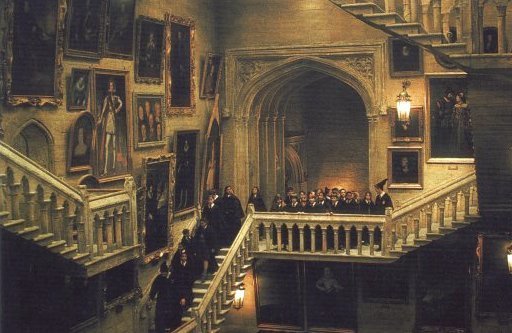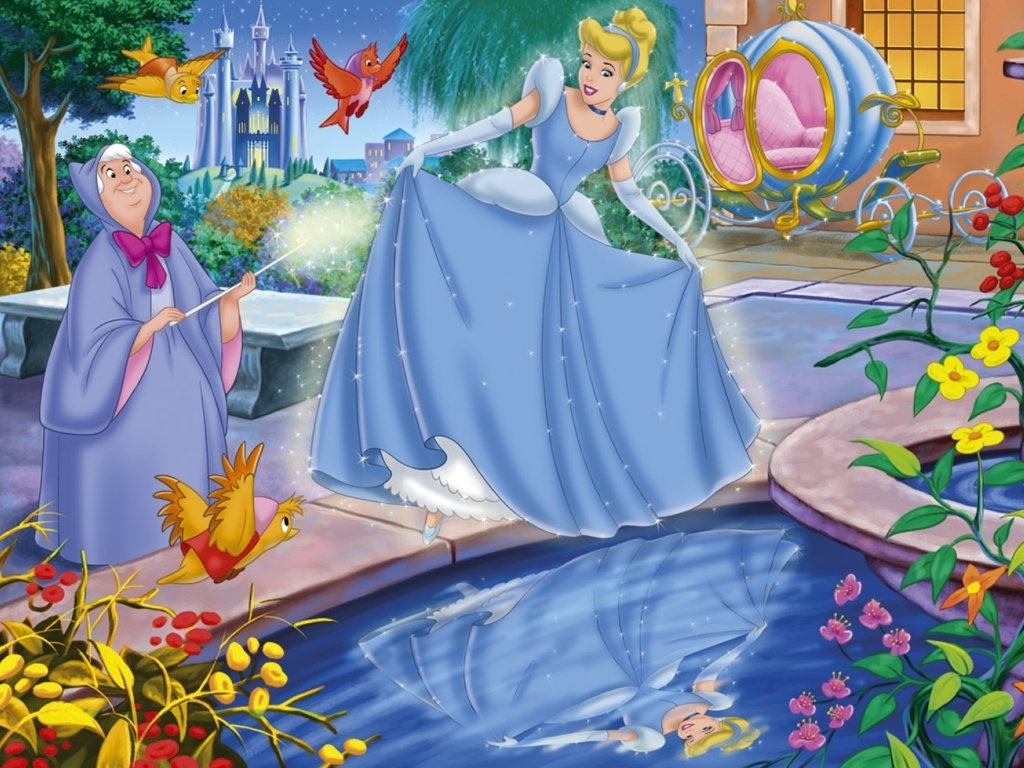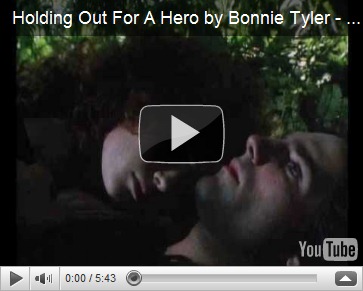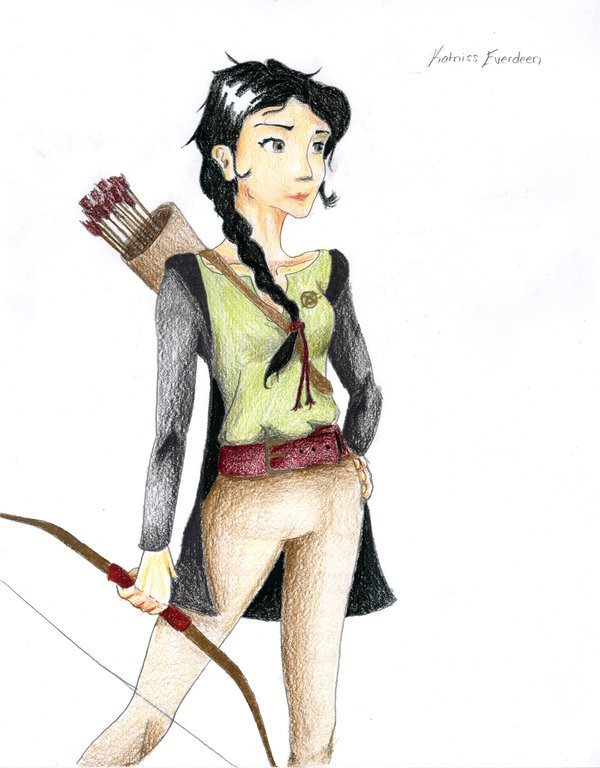On Getting Old, & What to Do if Your Book Sounds Too Familiar
First, thanks so much for all the birthday wishes! I still don’t get about half of what you can do on Facebook. But it is such a kick to find like fifty “Happy Birthdays,” from so many of my friends.
Trying not to feel too old here. And for the most part I succeeded. The only thing that broke the illusion briefly was that I was showing my boys different bands from my era on YouTube. I was okay as long as I stuck to Def Leopard, Supertramp, Asia, Jeff Beck, etc. But when I found myself listening to some of my favorite old Barry Manilow songs, I suddenly flashed back to being in the car with my parents and groaning when the pulled out the Time Life eight track tapes with singers like Johnny Horton.
So I just explained to my children that BM was music my “older” sister listened to and all was well again.
Anyway, great day and all your well wishes just made it that much better. I was going to blog about getting old, but you were saved that enlightening unusual stomach-churning experience, by another of my faithful minions who asked a great question.
David Glenn asks, “What can someone do when they’re trying to write a story, but people say it sounds too much like another story? What can they do to make it different?”
Great question! I’ll answer it in two parts.
Part one:
If I told you I recently read a story of a child whose parents were dead, who was being raised by mean relatives, who met a magical person, and who had an adventure, what story would you think I was talking about?
Harry Potter? Orphan. Raised by mean aunt and uncle. Meets Hagrid. Goes to Hogwarts. That would qualify right?

But there’s another orphan who also fits those exact qualifications.

James and the Giant Peach.
Switch the race, and swirl the circumstances a little, and you might have this well known pair.

And if we change the boy to a girl, we could have . . .

Sorry, my bad. I meant . . .

The lovely, charming, and rodent-speaking Cinderella.
In fact if you think about it long enough, I’ll bet you could come up with at least another dozen examples. That’s because this is a pretty common beginning. In order to isolate our protagonist, we kill off the parents. Then we use a magical figure to send him or her on a hero’s journey.
Now I know what you are thinking, those are just the beginnings of the story. Once you get past the start, they are nothing like one another. And that’s true.
But do you think Twilight was the first romantic vampire book? Was Harry Potter the first book where a kid gets sent to a school to learn magic? Was The Maze Runner the first book where kids are taken on an elevator to a strange place and run through tests? No, no, and no.
Start reading book reviews and you will quickly discover that people like to compare a new book to things they’ve read before. Thus you’ll get descriptions like “Lord of the Flies meets Secret Garden.” Or “Twilight with zombies.” Or “A mix of The Giver and Gulliver’s Travels.”
This is not a bad thing. people like to be able to put books and movies into context. It allows other readers to think, “Well I liked Twilight and I’ve always kind of thought zombies were cool, so maybe I should read it.”
It also helps stores and publishers to know how to position your book and where to place it on the shelves. Someone who loves regency romances will look for other regency romances. Someone who is a fan of Lisa Gardner might very well like Janet Evanovich. Someone who liked Hunger Games is probably going to read other dystopian or post-apocalyptic novels.
Where you run into trouble is when someone reads you whole book (not just a description) and complains “That was a total rip off of . . .”
This takes us to Part 2
It’s okay to have a story that kind of sounds like XYZ, or starts like ABC. But there are certain storylines that have become almost too prevalent. It’s very difficult to not sound like a rip off when you write a book about a girl who falls in love with a vampire and has to chose between him and a werewolf. Can you create a world where children go to a boarding school to learn spells? Yes. And both magic school books and vampire romances have been done since Twilight and Harry Potter came out. But it’s extremely difficult to sell to a publisher.
You not only have to write an amazing story, but you have to be so good that people will stop calling it a rip off of whatever novel it sounds just like. Again, it has been done. Before Harry Potter came out there were books with wizard children who went to a boarding school and played a game flying on brooms. Before Hunger Games came out there was a book about kids sent into an arena and forced to fight to the death. By Rowling and Collins created such strong stories that they succeeded despite the similarities.
So do you do what if you’ve come up with a great idea only to discover it’s been done before? Well you could try changing the setting. Move your laser-wielding hero into 16th century France. Turn your dragon-riding boy into a girl who tames animals that emerge from a sea of flames and soars over fiery infernos.
Or maybe it’s not your story, but your character. If everyone who reads your book says, “That girl is exactly like Katniss,” look at motivations, habits, voice, appearance. Are you inadvertently copying a character you loved from another book? It’s really not that hard to change enough to avoid the comparison.
Mostly though, I would just say, ignore the comparisons and write a great story. So what if your friend tells you your story sounds a lot like Uglies? Uglies is a great book. If you write an awesome story that reminds people a little of another book they loved, isn’t that a good thing? And if your voice, style, characters, and plot are ultimately different, people will soon forget about how it was kind of like Uglies and love it for what it is.
Hope that answers your question. Keep sending more. this is a lot of fun!
Also, if you are a teenager and like to write, sign up for the Teen Writer’s Bootcamp in April at UVU. Here’s a video about it.






















